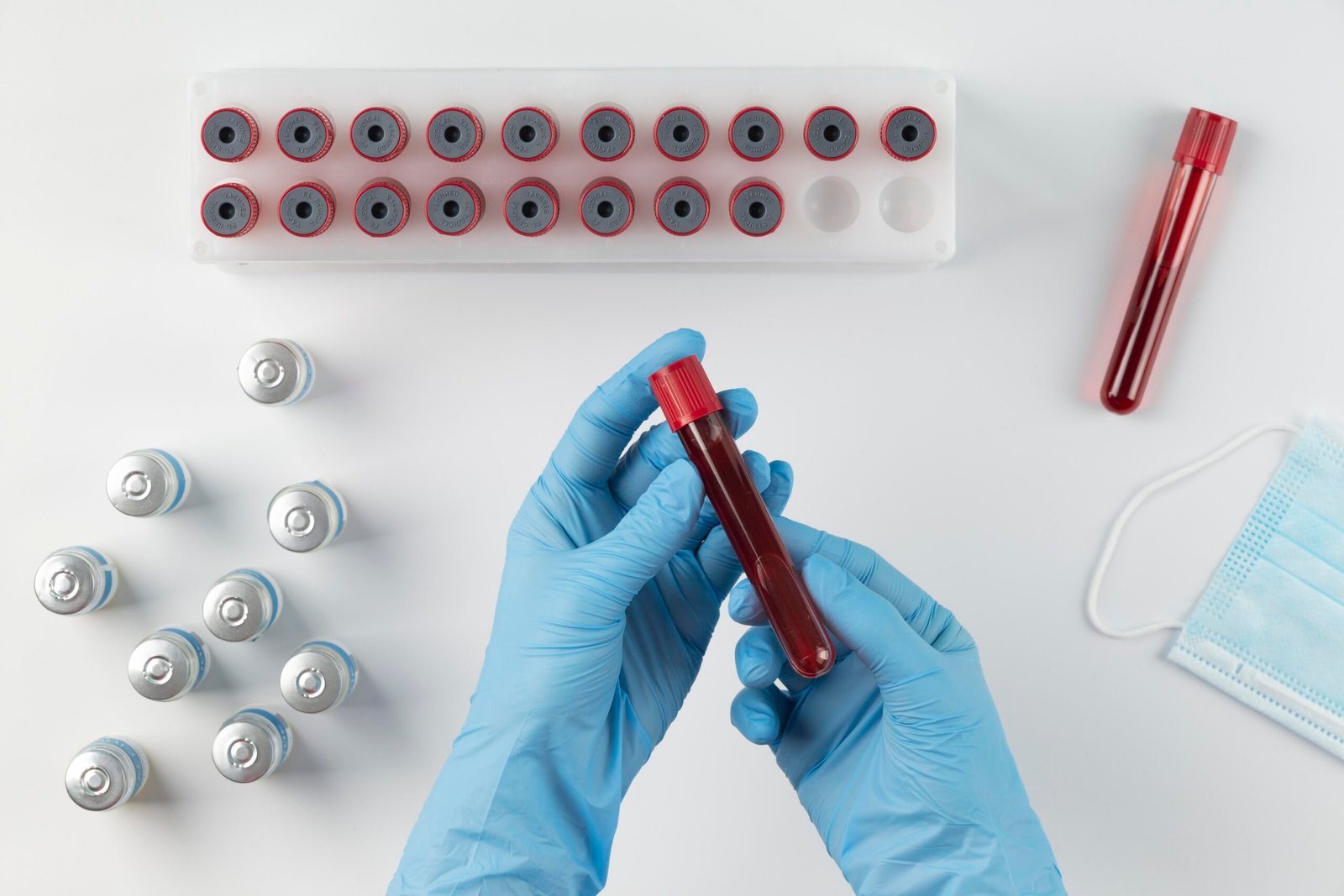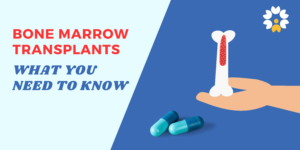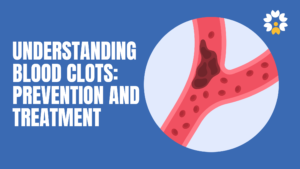Introduction
Thalassemia is a group of inherited blood disorders that affect the body’s ability to produce hemoglobin, a vital protein in red blood cells. This condition can lead to anemia and other health complications. In this comprehensive guide, we will delve into the various types of thalassemia, available treatments, and the promising outlook for the future.
What is Thalassemia?
Thalassemia is a genetic disorder characterized by abnormal hemoglobin production, resulting in a decreased ability of red blood cells to carry oxygen. It is an autosomal recessive condition, meaning it occurs when a child inherits two mutated genes, one from each parent.
Types of Thalassemia
There are several types of thalassemia, each with distinct characteristics and severity levels. Understanding these types is crucial in determining the appropriate treatment approach.
Alpha Thalassemia
Alpha thalassemia is a result of mutations in the genes responsible for alpha-globin production. This leads to a deficiency in alpha-globin chains, causing a disruption in hemoglobin formation.
Beta Thalassemia
Beta thalassemia arises from mutations in the beta-globin genes. This results in a decreased production of beta-globin chains, leading to a shortage of functional hemoglobin.
Thalassemia Intermedia
Thalassemia intermedia is an intermediate form of the condition, falling between the milder alpha thalassemia and the more severe thalassemia major. Individuals with thalassemia intermedia may require occasional blood transfusions.
Thalassemia Major
Thalassemia major is the most severe form of the condition. Individuals with this type require regular blood transfusions and comprehensive medical care to manage their condition.
Signs and Symptoms
The signs and symptoms of thalassemia can vary depending on the type and severity of the condition. Common indicators include fatigue, weakness, pale skin, and jaundice.
Diagnosis and Screening
Accurate diagnosis of thalassemia involves a combination of blood tests, genetic screening, and a thorough medical history review. Early detection is crucial for effective management.
Treatment Options
While thalassemia is a lifelong condition, there are various treatment options available to enhance quality of life and manage associated complications.
Blood Transfusions
Regular blood transfusions play a central role in managing thalassemia, especially in individuals with moderate to severe forms of the condition.
Chelation Therapy
Chelation therapy is employed to remove excess iron from the body, a common side effect of frequent blood transfusions.
Bone Marrow Transplant
A bone marrow transplant can provide a potential cure for thalassemia, particularly in cases of severe forms of the condition.
Gene Therapy
Gene therapy is an innovative approach that shows promise in treating thalassemia by addressing the underlying genetic mutations.
Living with Thalassemia
While thalassemia presents unique challenges, with the right support and lifestyle adjustments, individuals can lead fulfilling lives.
Quality of Life
Maintaining a high quality of life with thalassemia involves a holistic approach, including proper medical care, emotional well-being, and a balanced lifestyle.
Emotional Well-being
Coping with a chronic condition like thalassemia can take a toll on one’s emotional health. Seeking support and practicing self-care are essential aspects of emotional well-being.
Dietary Considerations
A balanced diet can significantly impact the well-being of individuals with thalassemia. Nutrient-rich foods and proper hydration are key components of a healthy lifestyle.
Support and Resources
Connecting with support groups and accessing reliable resources can greatly assist individuals and families affected by thalassemia.
Research and Advancements
Ongoing research and advancements in medical science offer hope for improved treatments and potential cures for thalassemia.
Promising Therapies
Emerging therapies show promising results in addressing the root causes of thalassemia, offering new avenues of treatment.
Clinical Trials
Participation in clinical trials is a crucial step in advancing thalassemia research and exploring innovative treatment options.
Advocacy and Awareness
Raising awareness about thalassemia is essential in promoting early diagnosis, research funding, and support for affected individuals.
Conclusion
With advancements in medical science and a growing understanding of thalassemia, there is hope for a brighter future for those living with this condition. By staying informed and accessing the right resources, individuals with thalassemia can lead fulfilling lives.








3 Responses
Best Blog
Hey I know this is off topic but I was wondering if you knew of any widgets I could add to my
blog that automatically tweet my newest twitter updates.
I’ve been looking for a plug-in like this for quite some time and was hoping maybe you would have
some experience with something like this. Please let me know
if you run into anything. I truly enjoy reading your blog
and I look forward to your new updates.
Skillful leaders know how to balance working on relationships and
strengthening formal status and authority.
Both components need to be developed.
batmanapollo.ru